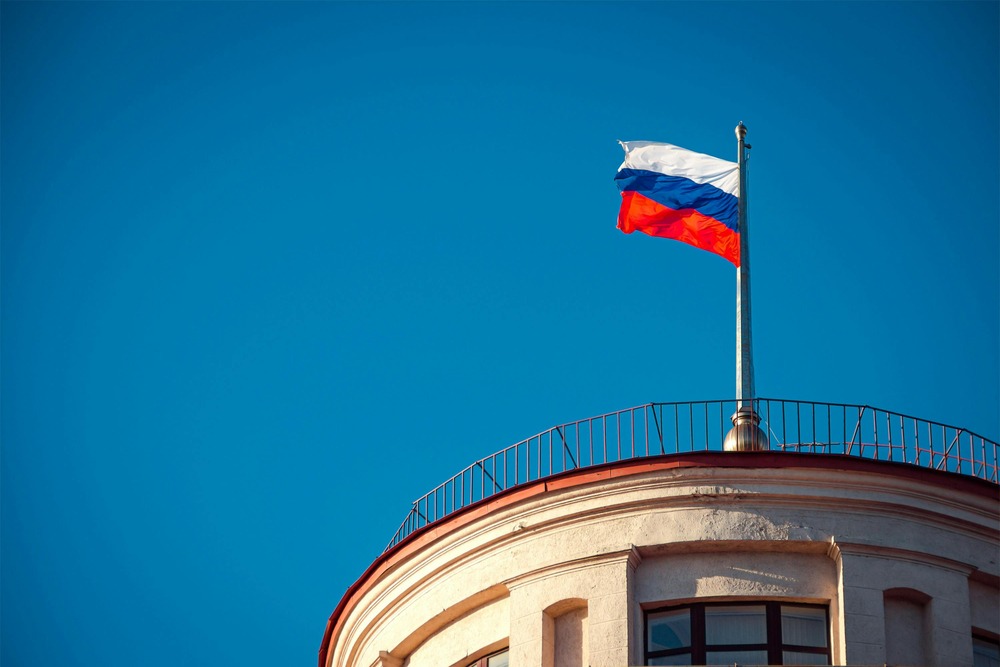Russia’s largest state-owned bank, Sberbank, plans to offer custody services for Russian-based crypto assets. The initiative comes amid improved regulations by the Bank of Russia. Notably, it shifted from outright opposition to crypto to embracing pilot programs that allow for the limited use of digital assets in international trade.
Sberbank Nods to Crypto Custody
According to the media outlet Reuters, Sberbank executive Anatoly Pronin revealed that the bank has proposed classifying crypto assets similarly to traditional fiat deposits. He disclosed the proposal during a public discussion on crypto regulation, claiming the bank would ensure the digital assets are safe under its custody model.
The system would also allow assets to be frozen under legal orders, offering both protection and regulatory compliance. Interestingly, such institutional-grade custody solutions would help reduce reliance on foreign private custodians and would foster crypto infrastructure within Russian frameworks.
Additionally, Sberbank is preparing to offer over-the-counter (OTC) crypto-linked bonds and ETF-like products tied to Bitcoin and Ether. It will also serve as a market maker and liquidity provider on new regulated crypto platforms in the country. The initiatives aim to integrate digital assets into Russia’s financial ecosystem, benefiting only qualified clients.
Notably, if Sberbank successfully launches crypto custody services, it would be the first government-controlled financial institution to integrate digital assets. But the development builds on broader regulatory shifts in Russia.
Not the First Russian Crypto Move
Russian oil companies have utilized Bitcoin, Ether, and Tether to settle billions of dollars in crude exports to China and India. The move aligns with the country’s strategy to reduce reliance on Western banking systems and promote alternatives. While still a fraction of total trade, crypto payments are steadily growing in the country.
In November 2024, President Vladimir Putin approved legislation that officially recognizes crypto as property within Russia’s tax code and foreign trade framework. The law grants cryptocurrencies legal status as taxable assets, introduces a tiered income tax for individuals, while ensuring full oversight and reporting requirements.
Meanwhile, Russia is drafting a legal framework to convert confiscated Bitcoin into state revenue. The move follows the seizure of approximately 1,032 BTC from former investigator Marat Tambiev in 2024, which authorities began transferring into treasury accounts in early 2025. Regulators are working to formalize the seizure-to-sale process.
Find Cryptocurrencies to Watch and Read Crypto News on the Go Follow CryptosToWatch on X (Twitter) Now

